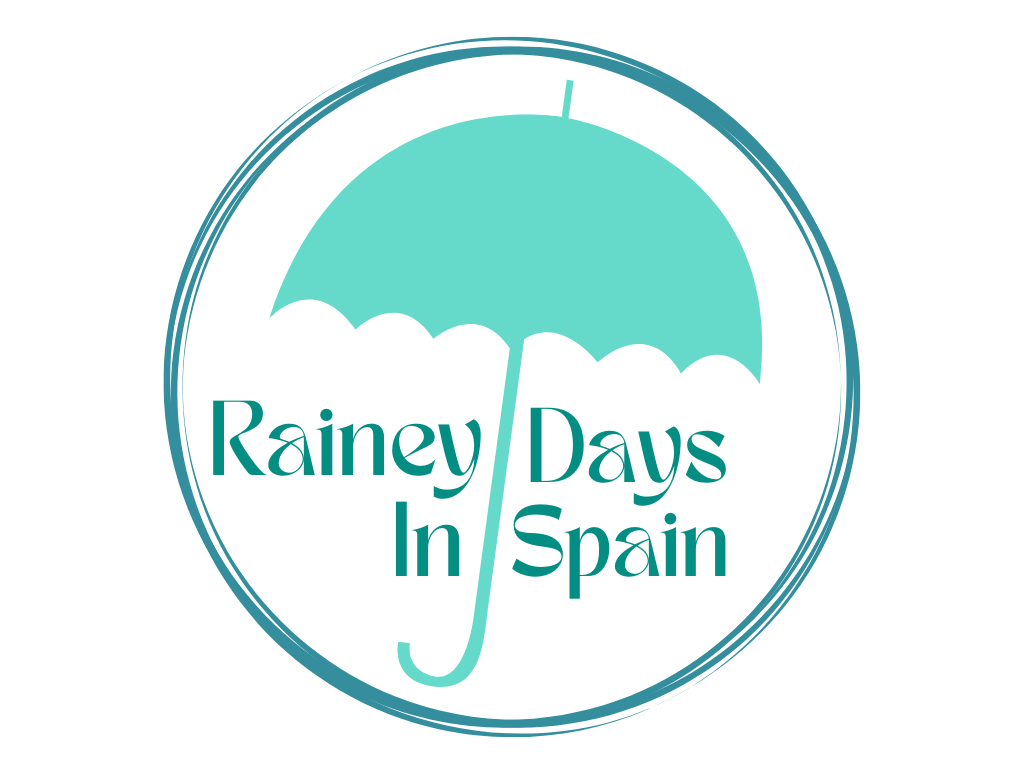Valley of Tears - Psalm 84 series
One of the unexpected results of the Covid crisis has been an ongoing exhaustion, particularly for those who are in ministry (my case) or in care-giving roles. Facing grief, uncertainty, restricted access to life, and constant need has left even the strongest depleted of their natural buoyancy or resilience. I began this study (and this blog series) because I recognized that weariness in myself, and I felt God’s answer in Psalm 84.
To recap a bit, Psalm 84 is about the virtues of God’s Presence. The psalmist longs to be in God’s Presence, which was in those days considered to be in a physical location--the Temple. He marvels in verse 4 at those who get to dwell there all the time, such as the Temple priests or servants, who could just remain in the presence of God and praise Him all day long. Beginning in verse 5, he writes about those who don’t get to stay in God’s presence (the rest of us). They are pilgrims who make their way back to God’s presence, and these were the verses that encouraged me. In part one, we learn that these pilgrims are blessed to have God has their source of strength; in part two, we see that the pilgrims have the “highways to Zion” in their hearts. That brings us to today’s part three:
“As they go through the Valley of Baca [Weeping] they make it a place of springs; the early rain also covers it with pools,” (Psalm 84:6).”
Making their pilgrimage to Zion would bring them through the Judean desert, where specifically they would pass through the Valley of Baca, or “Valley of Weeping.” Because it is named and capitalized, we can assume that it was an actual location at one point, although the geography is unknown today. But symbolically the writer is still using the idea of passing through a valley of tears on our way to Mount Zion. This verse reminds us simply that pilgrims on the way to God’s Presence use even the valley of weeping to create an opportunity for blessing; you can’t control the tears, but you can use it to your advantage!
The writer knew the geography and culture of the Holy Land, even if we modern readers may not. In desert lands, travelers would dig holes to catch rainwater and create pools of fresh water to revive and refresh themselves and their animals along their journey.
Israel’s geography hasn’t changed in thousands of years; after a long, dry summer, the early winter rains drench the ground, gushing into streams and springs. The crevices in the rocks are well-hidden, deep and narrow gorges that run with water, each forming a small oasis in the desert. The most famous is probably En Gedi, which served as a main place of refuge for David as he fled from Saul. David “dwelt in strongholds at En Gedi” (1 Sam 23:29). En Gedi means literally “the spring of the kid goat.”
In this passage, the pilgrim is making his way toward Zion, but he is forward-thinking. He prepares in the Valley of Weeping to get the benefit of the rain, to capture and use it to refresh himself from the weariness of his journey.
To our modern ears, going through the valley of Weeping sounds like something we would all rather avoid. I sure would! And this Covid crisis is indeed a Valley of Weeping for many: we have lost loved ones in this crisis--family members, classmates, neighbors, and more. We have lost jobs, opportunities, security, and the comfort of our routine. We feel isolated and lonely.
But the psalmist reminds us that those moments provide the life-giving force that we need to continue on the journey. Our suffering, much as we hate to think about it, does the same. We draw closer to God, and we receive from HIM all we need to survive in the suffering. He allows us to weather these struggles of life for our growth and maturity, to produce His glory through our suffering, but God never leaves us in the Valley of Tears. “Weeping may endure for the night, but joy comes in the morning,” wrote King David.
Those headed to Zion use even the negative to sustain them somehow. They can give thanks in all things and trust that even what the Devil means for evil, God uses for our good. They stand firm on the promise that “our light and momentary troubles are achieving for us an eternal glory that far outweighs them all (II Cor. 4:17).
They find life in the flood, refreshment in the rainfall, and springs in the storm.

